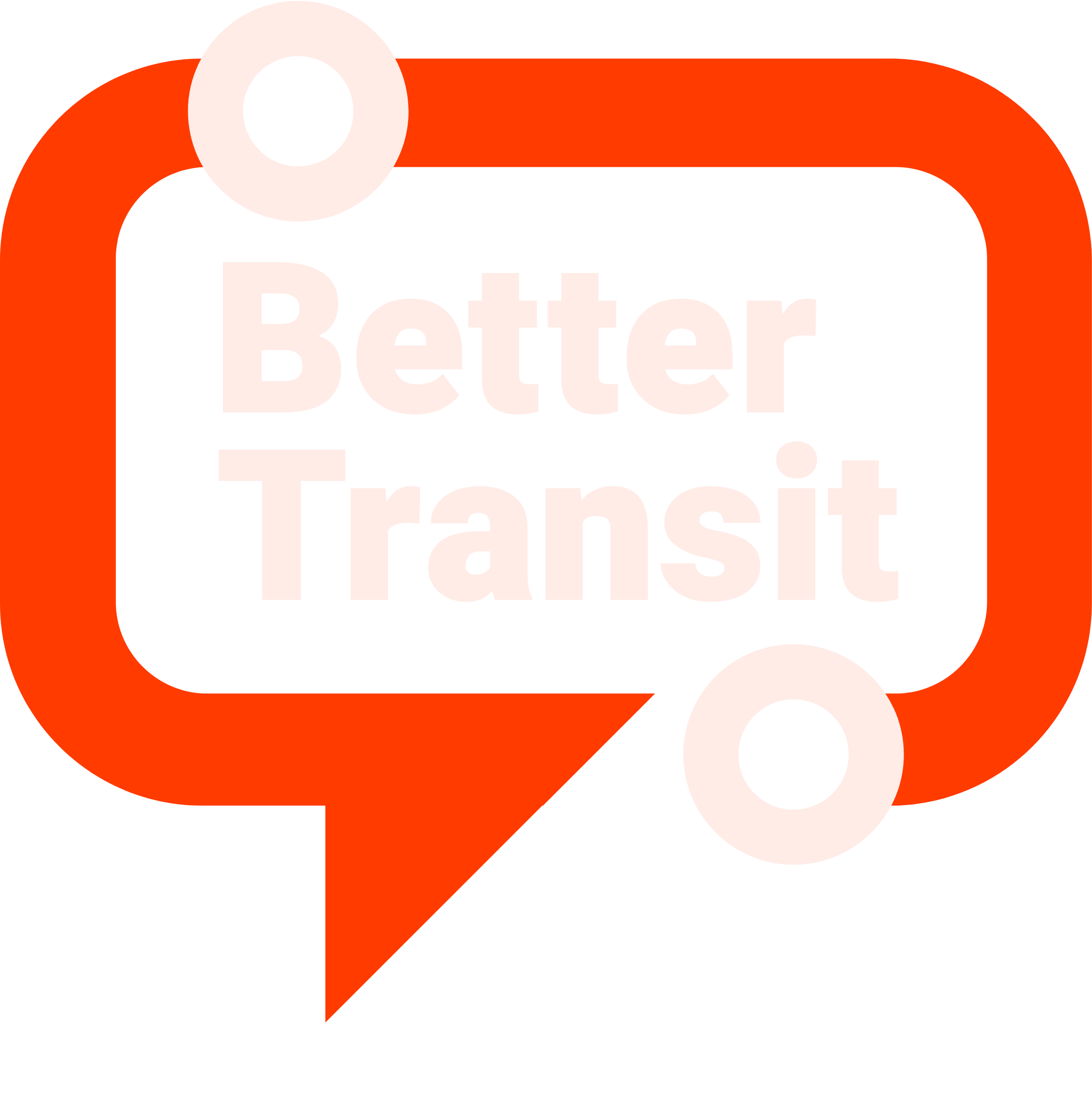Dear members of the Victoria Transit Commission,
re. Priorities and upcoming Victoria Transit Commission workshop
The Better Transit Alliance (BTA) understands that the Victoria Transit Commission will soon be holding an internal workshop to discuss setting priorities for BC Transit. We would like you to consider these points in your workshop and other actions.
Climate Emergency
Our region needs transportation solutions that address the needs of local residents while rapidly reducing greenhouse gas pollution as called for in the Climate Emergency declaration unanimously passed by the CRD. Every investment and decision must be examined to determine if it is going to be effective in reducing climate pollution over the next eleven years.
Immediate Action on Filling the Highway 1 Bus Lane Gap
A crucial step for creating better and more reliable transit service to the West Shore, to Sooke, and over the Malahat is completing continuous bus lanes on Highway 1 to the 6 Mile Road area.
TheBTA is very concerned that the Ministry of Transportation and Infrastructure is delaying action on the section of shoulder bus lanes from the western end of the McKenzie Interchange project to the Burnside Road/Island Highway Interchange. This section is marked in red on the map below.
We call on the Victoria Transit Commission topublicly and emphatically call on the provincial government to complete continuous shoulder bus lanes on Highway 1 to the 6 Mile area, without delay.
We also note that bus lanes on the Pat Bay Highway are badly needed, and should be high on the priority list for the region.
Prioritize Reliable Public Transit over Reliable Private Automobile Travel
The Better Transit Alliance wants our communities to shift to more transit, walking and biking, as a means to meet transportation needs. We aim to improve livability while rapidly reducing our carbon footprint and other harm. Any expensive new highways, or road widening, for the purpose of increasing capacity for automobiles is not compatible with our goals.
Policy documents such as the above mentioned CRD Climate Emergency declaration, the Victoria Transit Future Plan and the Pan-Canadian Framework on Clean Growth and Climate Change all point in the direction of reduced private automobile use.
Recently, the B.C. government announced a process to develop a Southern Vancouver Island Transportation Strategy (SVITS) to create “a roadmap for future investments across all modes of travel.” However, we are concerned that the initial announcement did not mention climate pollution and focuses on new road “routes that could be activated in the event of a Malahat road closure.”
We believe that a key focus of the SVITS should be making travel by transit more reliable, rather than making travel by private automobile more reliable. We note, for just one example, that an upgraded Brentwood – Mill Bay ferry could carry many people arriving by bus when the Malahat is closed, but can carry only a few cars. For example, six double decker buses could carry 500 people on a modest sized electric ferry.[1]
Priorities for the Climate Emergency
The Better Transit Alliance believes that the Transit Commission should re-examine its priorities in light of the Climate Emergency. This means prioritizing transit that serves people who chose to own fewer cars per family, and those who do not own a car.
For example, using valuable land near frequent transit lines for large permanent park-and-ride lots is likely not a good use of resources given the climate emergency. Instead, making maximum use of existing parking (including on-street parking near bus stops) and temporary park and ride lots should be considered. The opportunity cost of any spending on permanent park and ride lots should be compared to other priorities, such as an equivalent investment in bus shelters in the same part of the region.
New Depo for Electric Buses
We agree with the Transit Commission that a new bus depo is a very high priority. And we believe that this depo should be built for an effective Climate Emergency response. That means building in charging infrastructure, and considering the possibility that the largest buses on the most demanding routes may not be double decker buses in the future.
We urge the Transit Commission to push BC Transit to end the purchase of fossil fuel buses and purchase only zero emissions electric buses as soon as possible. We note that some cities, such as Solengen Germany, are already purchasing only electric buses.
We also suggest that any new transit depo be designed to handle electric articulated buses up to 24 meters long – the type of buses that may be most suitable for electric bus rapid transit (eBRT) in this region.
Electric Rapid Transit for the Climate Emergency
The Climate Emergency requires strong measures to reduce car travel. And one of the most effective ways to cut vehicle kilometers travelled (VKT) is to re-allocate road space to anything other than vehicle travel or parking. Creating pedestrian streets, protected bike lanes, bus lanes, or rapid transit lines all reduce VKT and the resulting greenhouse gas (GHG) pollution.
While bus lanes on the side of Douglas are a great improvement, plans for high quality electric rapid transit should not be forgotten. And eBRT with continuous busways and bus lanes from the Legislature precinct to Langford should not be sidelined in any assessment (we understand that some previous consultation materials assumed BRT would be fossil fuel powered, while rail vehicles would be electric).
Electric buses for the most demanding eBRT use are available now, there is no excuse for delay.[2]
Conclusion:
You are on the Victoria Transit Commission at a crucial time for our region, and for humanity. We look forward to supporting your actions to improve public transit, and would welcome an opportunity to speak with you in person.
A PDF version of this letter is attached.
www.bettertransityyj.ca
[1] Islands Class ferries are designed to run on electric power, and are presently certified to carry 450 people. https://www.bcferries.com/about/projects/island-class.html
[2] www.nationalobserver.com/2018/12/19/opinion/battery-trolleybuses-ready-heavy-duty-climate-action
